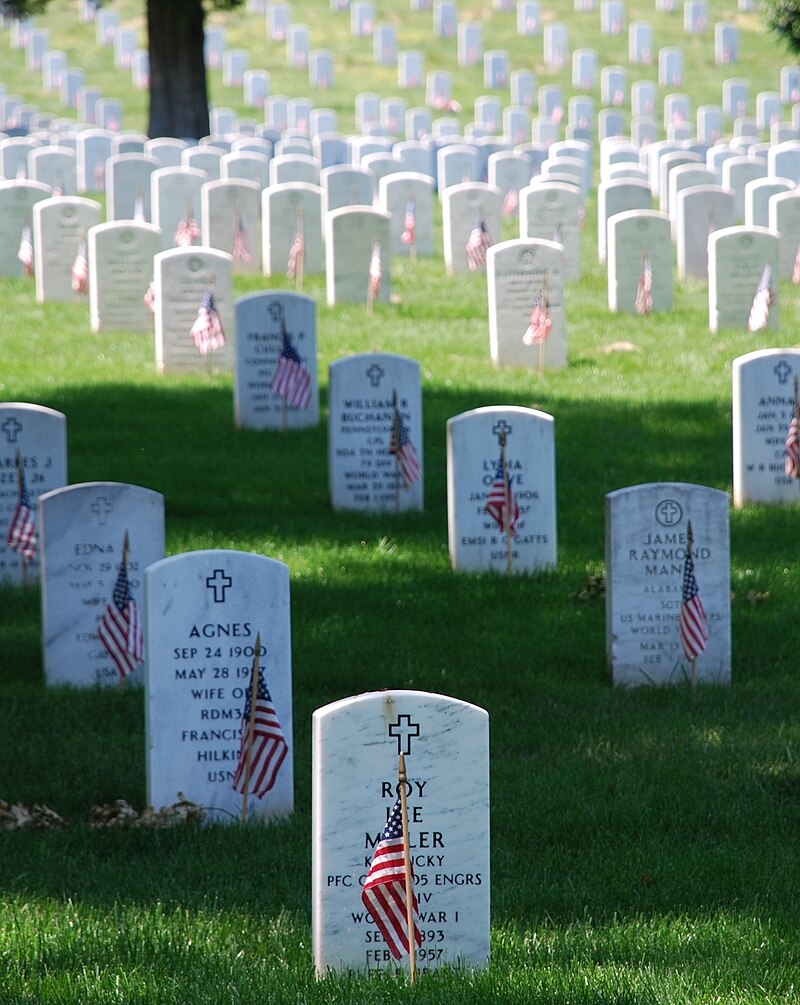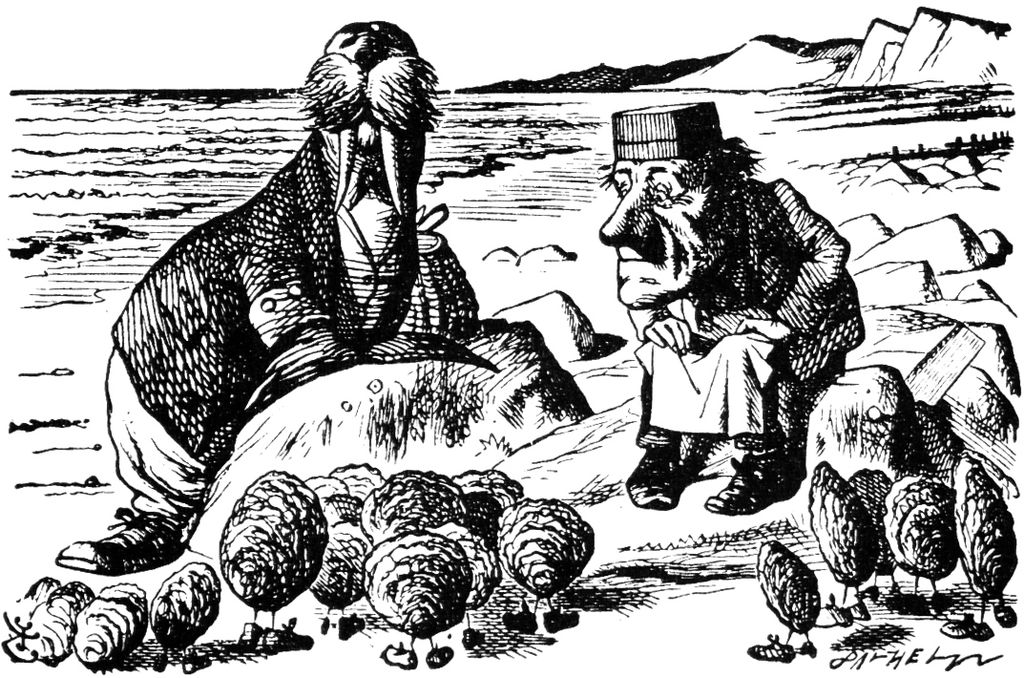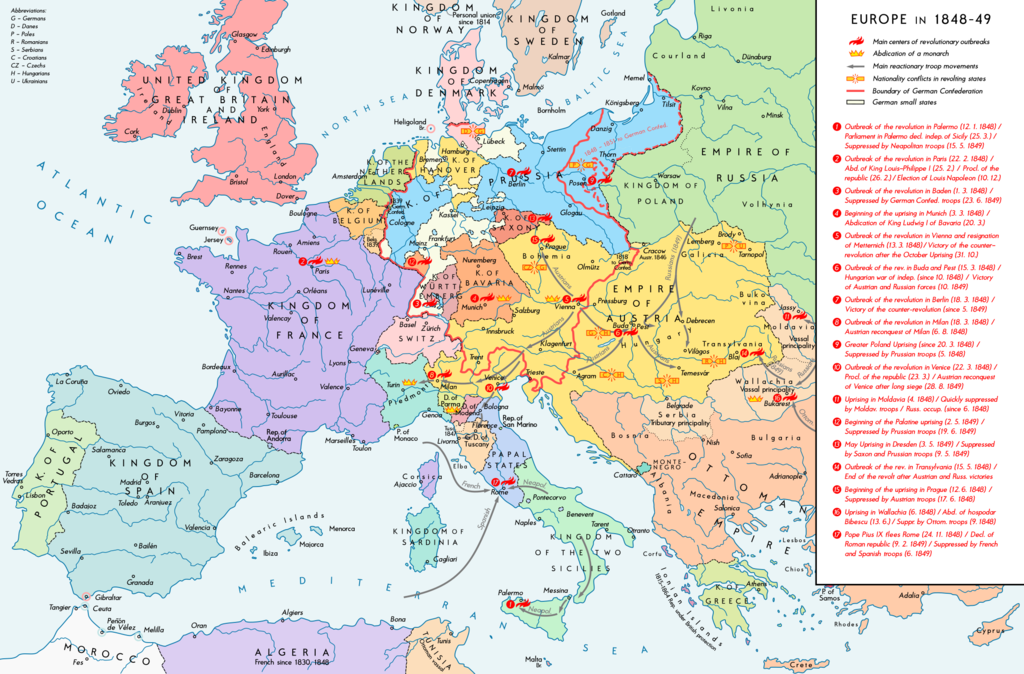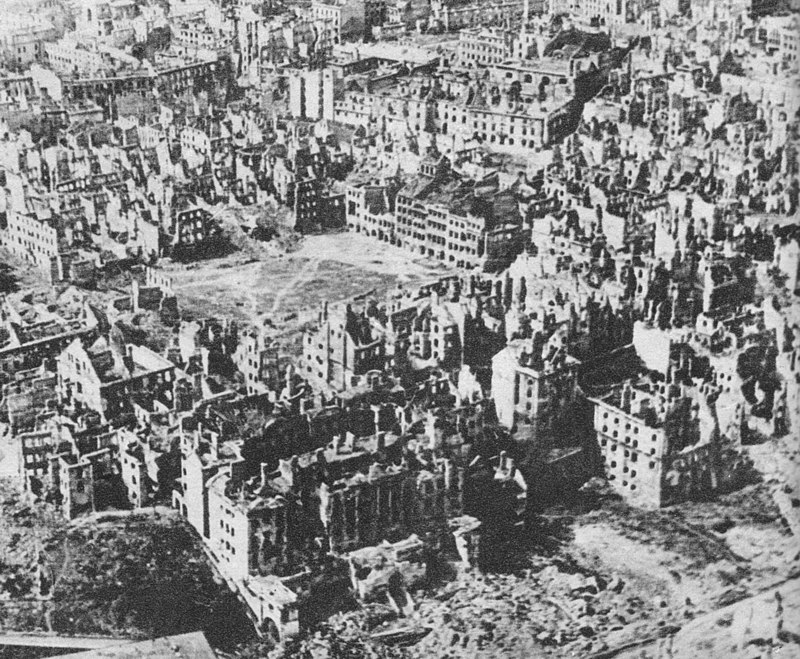I saw
Tony Richardson’s Charge of the Light
Brigade in London,
the year it came out, and was enormously impressed. (Apparently the U.S. release was cut by some six
minutes, and the DVD is missing that footage.)
Watching the picture again – has it really been fifty years? – I
recognize its strengths and weaknesses, but I think I gave it more credit than
it was due, at the time.
For
example, what is Vanessa Redgrave doing in the movie? She was big box office, after Blow-Up and Camelot, but her character in Light
Brigade is a superfluous distraction.
She sleeps with her husband’s best friend, but other than demonstrating
the impenetrable superficiality of the ruling classes, it has no dramatic
purpose. For another, they don’t manage
to make it entirely clear why Cardigan leads the Light up the wrong valley, and
charges directly into the Russian cannon, instead of flanking them – which leaves
a pretty big hole in its pretense to historical accuracy.

That
being said, the movie has wonderful virtues.
The production design, which conjures up the dense ecosystems of David
Lean’s postwar Dickens adaptions, and the cinematography by David Watkin, he of
Robin and Marian, Chariots of Fire, and Night Falls on Manhattan. But chiefly, the inspired casting. Some of the actors weren’t even Richardson’s original choices – amazingly, Trevor Howard
as Lord Cardigan, a part Richardson
offered to Rex Harrison. No disrespect
to Rex, but seriously? In a career that
includes Brief Encounter, The Third Man, The Roots of Heaven, and Sons
and Lovers, watching Howard chew on his mustaches in this performance is
nothing short of heart-stopping. His
glaring matches with Harry Andrews as Lord Lucan (in life they were
brothers-in-law and cordially disliked one another) are sulphurous.

Howard
and Harry Andrews aside, there’s the gloriously nasal John Gielgud as Raglan; the
inimitable Peter Bowles (later of Rumpole)
at his most fatuous, and Jill Bennett as his lion-hunter of a wife; tragically
memorable, Norman Rossington, Albert Finney’s best mate in Saturday Night and Sunday Morning, the Beatles’ manager in Hard Day’s Night, as the Sergeant Major
compromised by his commanding officer, Cardigan, and broken to the ranks – one
of the more brutal and graphic flogging scenes in any movie. David Hemmings,
though, is disappointing in the pivotal role of Nolan, too languid and too
pretty. (And reportedly insufferable
during filming.)

The
other point to make is of course the context.
Like many pictures from the late 1960’s and early 70’s, Charge of the Light Brigade falls under
the shadow of Viet Nam. In this case, not so much metaphorically,
because the Crimean War was itself a huge folly. The mismanagement of the war, and the
management of public opinion, were two sides of a coin. Cardigan was a hero in Great Britain after Balaclava;
Lucan was in disgrace. It was years before Cardigan’s reputation began
to suffer, and even after he was exposed as an incompetent, there were people
who refused to believe it. (Cardigan’s bravery wasn’t doubted, but his leadership was a joke.) The very real benefit that came out of the Crimea’s “confusion of purpose” was the reform of the
British Army that did away with the purchase of commissions and brought in a
policy of promotion by merit. Not
perfect, but a start.

Viet Nam was often
seen at right angles, or in reflection, not in
our direct gaze. Lost Command, Mark Robson’s version of Larteguy’s The Centurions, came out in 1967, and The Green Berets in ‘68. They weren’t box-office bombs, but opinion
was divided on their merits. The more
common approach was peripheral. M*A*S*H supposedly took place during Korea. Nicholas
and Alexandra is a lot more about
the year of its release, 1971, than it is about the fall of the Romanovs: it’s Nixon, Cambodia,
and Kent State.

Charge of the Light Brigade came
out in 1968, after the Tet Offensive.
The timing is coincidental, but the movie’s antiwar sentiments were
sharpened considerably by what was widely viewed as an American military and
political embarrassment. (Historically,
it was a defeat for the NVA and Viet Cong, but the public perception in the U.S. and Europe
was quite different.) Light Brigade, then, becomes a
provocation, and a warning against foreign adventurism. It’s not about a war a century old, but a war
very much in the here and now. And the
generals bickering over who gets the blame for the slaughter remind us
uncomfortably of the tone-deaf Westmoreland, with his talk of a light at the
end of the tunnel. No accident.
We
imagine we made peace with Viet
Nam.
Not with Viet Nam per se, a country that makes us sweatshop sneakers, but with Viet
Nam as an American failure, which is
complete nonsense. Missing in Action is psychological denial, Chuck Norris fighting
the war over again, but winning this time.
Charge of the Light Brigade is a
moment frozen in time. Not the Crimea, but 1968.
It betrays its own period. I
don’t think it’s a bad picture, far from it, but I think it shows its age. You look at a movie like The Thin Man, and admire or indulge its representation of its own
time and place, but still think it has a universal charm, whether or not it’s
dated. You give it the benefit of the
doubt. Light Brigade is too much the product of its own particular period;
it can’t breathe. It’s trapped in its
immediate context. That immediacy, which made it seem so genuine
and alive back then, makes it an artifact now.
It’s a fossil.










